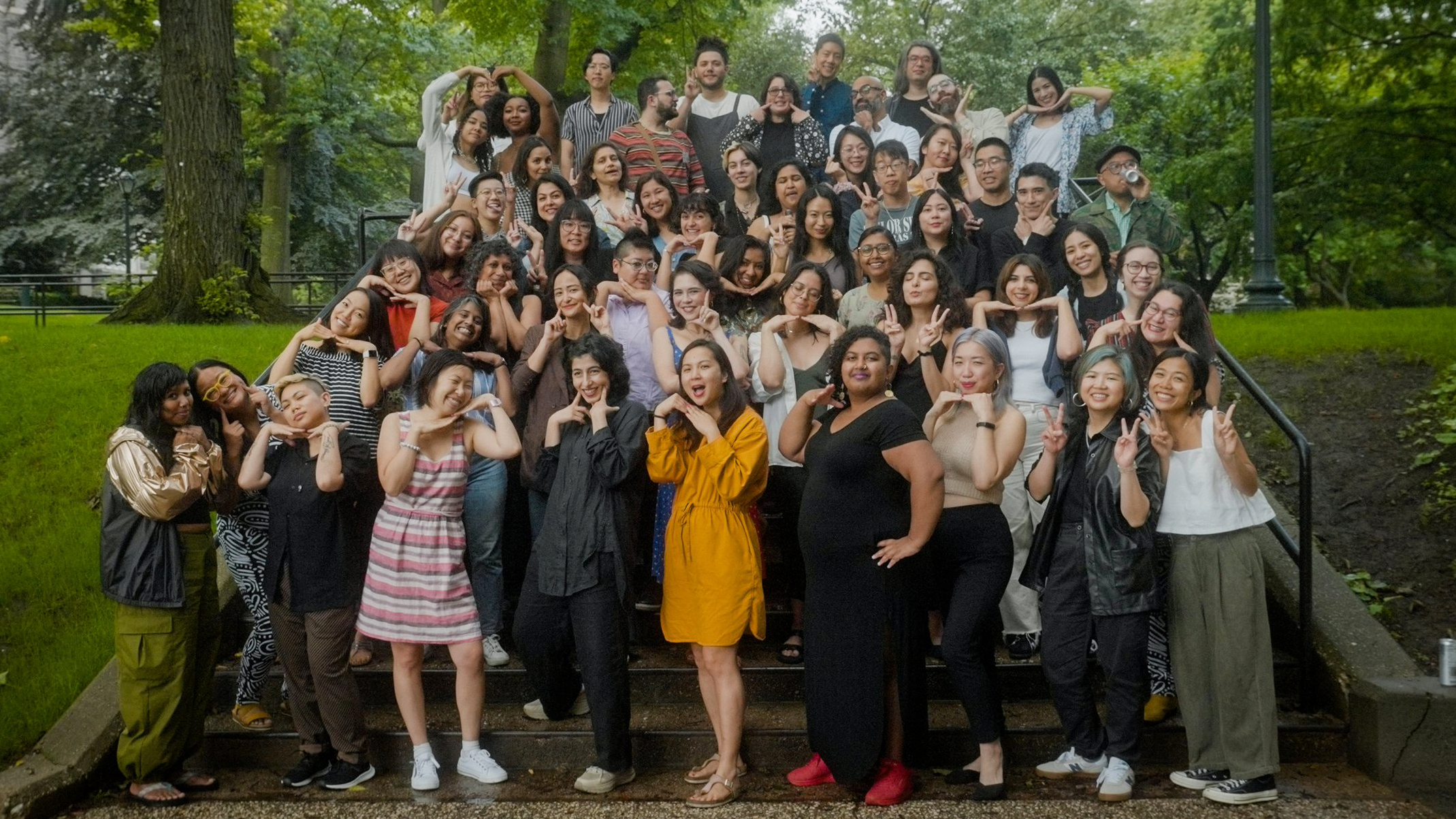kundiman retreat
The annual Kundiman Retreat will be on hiatus for the coming year. We fully expect the Retreat to resume following the completion of this important work, and we look forward to providing writers with a safe and instructive Retreat environment in the future. For more information, please see our announcement.
In the meantime, we invite you to participate in our Regional Groups’ year-round activities for exciting opportunities to connect with other writers. Kundiman Regional Groups host virtual and in-person events – including readings, salons, meetups, and workshops – both nationally and internationally.
INTRODUCTION
In order to mentor and build community among writers, Kundiman sponsors an annual Creative Writing Retreat. During each Retreat, six nationally renowned poets and fiction writers conduct craft classes and mentorship meetings. Readings, writing circles, and informal social gatherings are also scheduled. Through this Retreat, Kundiman hopes to provide a safe and instructive environment. This five-day Retreat takes place from Wednesday to Sunday.
CRAFT CLASSES & mentorship meetings
A nationally renowned writer facilitates each craft class. Fellows are assigned a home group for the duration of the Retreat, and each home group takes one craft class with each faculty member in their genre. Craft classes will not exceed six students. The Kundiman Retreat is generative in nature and so craft classes are focused on new work that is written at the Retreat. Craft classes include a craft talk, readings and prompts / exercises to generate this new work. Poetry and fiction Fellows will receive 25-minute mentorship meetings where they can speak with a faculty member about craft, career, and the writing life. Our hope is that Fellows are able to forge a deeper relationship to their artistic process and are able to encounter their work with renewed focus and energy.
ELIGIBILITY
Anyone who self-identifies as AAPI can apply to the Retreat.
LOGISTICS
It is expected that Fellows and faculty are in residence for the duration of the Retreat. We will ask that you not invite in outside visitors, or make plans to meet with visitors during the Retreat. If you know that you will not be able to be in residence for the entirety of the Retreat, it is recommended that you select another year to attend.
Everyone in attendance will be required to be vaccinated and boosted to attend the Retreat, and to take a COVID test before arrival. Masks are required to be worn at all mandatory indoor events except when drinking or eating. Further guidance on COVID protocol will be provided to admitted Fellows at a later date.
APPLICATION PROCESS
The Kundiman Retreat is open for applications typically between December 1st and January 15th, with notifications given by mid-March. During that period, applicants can submit a cover letter and brief writing sample (5–7 pages of poetry or 5 pages of prose; 1250 words max).
Frequently Asked questions
Please click here for Frequently Asked Questions regarding the Retreat.
A look inside the Kundiman Retreat
Li-Young Lee at the Kundiman Retreat



